Clinical study on non-therapeutic cannabidiol (CBD) consumption via inhalation in healthy individuals (PhD Position)
CBD, the cannabis-derived molecule many seek to understand, is often discussed for its health effects. But what does CBD actually do in the body? Clinical studies offer an effective strategy to find out.
Despite its non-euphoric reputation, some data suggest CBD may have notable psychotropic effects under certain conditions—dose, administration method, product formulation. Are products sold in Quebec’s regulated market capable of producing such effects? A relevant public health question.
The Didier Jutras-Aswad lab seeks a doctoral candidate for a clinical study aiming to determine whether low doses of CBD, as sold in the regulated market, can generate a noticeable subjective response when inhaled. The project also explores effects on mental health and human physiology, including self-reported psychoactive effects, mood, anxiety, dissociation, neural oscillations (via EEG), and potential genetic or physiological mediators.
Environment & Support
You’ll work in a dynamic scientific and professional context with a highly qualified team from diverse fields. Teamwork is essential for high-quality research execution. You’ll be supported in publishing peer-reviewed articles, presenting at high-level conferences, and developing international collaborations. Financial support and guidance for scholarship applications are provided.
Qualifications
- Master’s in biomedical sciences, psychiatry, neuroscience, psychology, or related discipline
- Motivation and clinical research experience in psychiatry, substance use, or related fields
- Strong interest in cannabis consumption research
- Strong quantitative analysis skills
- Ability to secure graduate scholarships
- Good knowledge of French (an asset) and English
- Excellent writing and communication skills
More information
- Status: Full-time
- Location: CRCHUM
- Duration: 3 to 5 years
To apply: Send your CV, cover letter, relevant transcripts, and contact info for two references to: jane.marie.ramil.chum@ssss.gouv.qc.ca
Only selected candidates will be contacted for interviews.
The CRCHUM invites women, Indigenous peoples, visible minorities, ethnic minorities, and persons with disabilities to apply. The CRCHUM adopts a broad and inclusive definition of diversity that goes beyond applicable laws. The CRCHUM therefore encourages all individuals, regardless of their characteristics, to apply.
